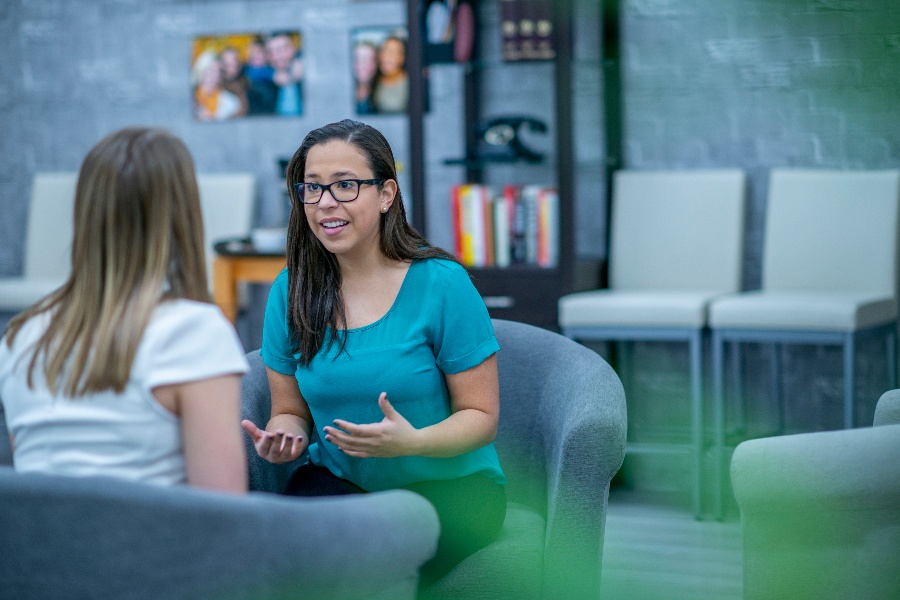Bradley Impact Fund donors who value civil society support community institutions and organizations that guide behaviors, transform lives, and encourage genuine citizenship and self-governance. At the 2020 Bradley Impact Conference, we were joined by nonprofit leaders who effectively help people to help themselves by becoming strong, contributing members of American society. Though they work in different areas, these leaders have a common approach of convening people from different backgrounds. Could this model save our nation? These organizations are successfully repairing community relationships while helping to preserve human dignity and freedom of choice for people in challenging life situations:
- ALMA CENTER works with men who have been incarcerated or involved with the criminal justice system for domestic violence. The Center’s community-based programs help men with violent histories become caring fathers, partners, husbands, and community advocates. In Alma’s healing circles, men recently released from prison talk with police officers and people in the community about how violence has impacted their life. Stories are shared, and participants build close relationships and friendships across divides.
- BRIDGE BUILDERS is dedicated to changing minds and inspiring inner city residents to connect with their neighbors in ways that transform their neighborhoods. Currently working in the area centered around 40th Street and Hampton Avenue in Milwaukee, Bridge Builders aims for revitalizing 140 blocks.
- SERENITY INNS provides a residential treatment program for men working to recover from addiction. Serenity helps men learn to communicate, form relationships in the community and develop their own narrative about themselves. Serenity’s nightly Dinner Fellowship program enables volunteers to prepare a meal and then sit down and share it with men in treatment. It breaks stereotypes about addiction, and opens the door to lasting relationships.
During this panel discussion, Bridge Builders founder Kurt Owens noted, “One of the worst things we can do is make broad strokes. It’s better to identify with individuals and meet them where they are at. Multiethnic relationships are the answer to impacting lives.”


